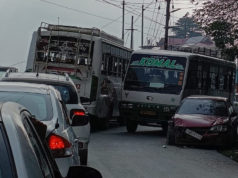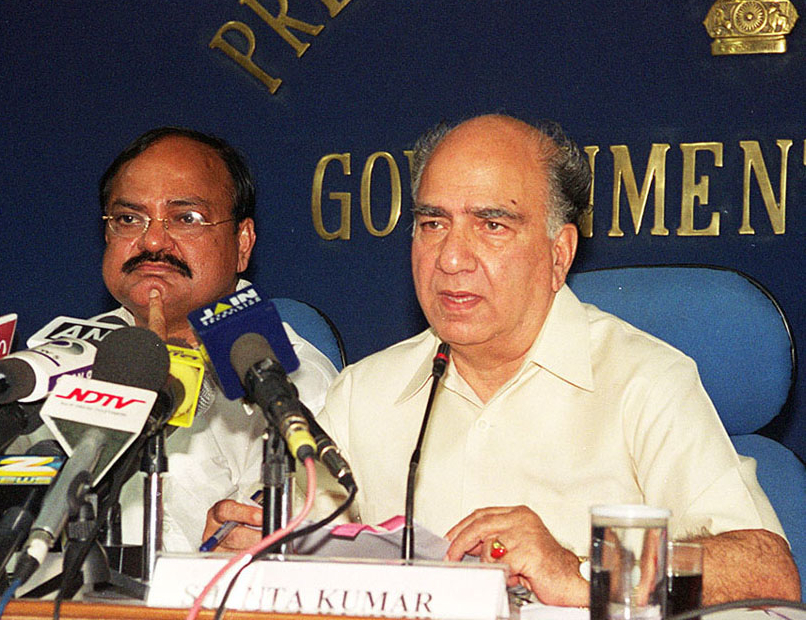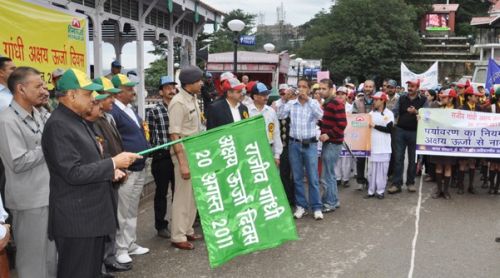Shimla – The pen-down strike of Patwaris and Kanungos in Himachal Pradesh has brought the functioning of the Revenue Department to a halt, causing widespread inconvenience to the public. Since February 28, Patwaris and Kanungos have been on an indefinite strike in protest against the state government’s decision to implement the state cadre system, leaving citizens struggling to get their essential work done. From land registries to property transfers, partition cases, demarcations, jamabandi updates, and issuance of certificates, all revenue-related services have come to a standstill across the state.
People are making repeated visits to Patwar offices in the hope of getting their work done, only to find empty chairs and unattended counters. Except for office assistants, there is no one available to process the growing backlog of cases. The public is bearing the brunt of this standoff between the government and revenue staff, with no clear resolution in sight. The strike has not only disrupted routine administrative work but has also delayed important transactions and services, particularly in rural areas where people heavily depend on land records and certification.
The root of the dispute lies in the state government’s decision to bring Naib Tehsildars, Kanungos, and Patwaris under a state cadre system. Under the current setup, their transfers and promotions are managed at the district level, allowing them to work in familiar areas close to their families. With the implementation of the state cadre, all postings, transfers, and promotions would be managed at the state level, which the employees claim would disrupt their careers and displace them from their home districts. Patwaris and Kanungos argue that the decision threatens their promotion prospects, weakens coordination with local administration, and ignores the ground realities they work in.
Adding to their resentment is the poor condition of Patwar offices, many of which lack basic amenities such as electricity, internet, proper seating, and working computers. Employees say the government has focused on imposing structural changes without first improving the crumbling infrastructure they rely on to serve the public. They have also rejected the government’s claim that the decision was taken after consultation, insisting they were never in agreement with the move.
Despite the growing inconvenience to the public, the government remains firm on its decision to implement the state cadre system. Revenue Minister Jagat Singh Negi has reiterated that the move is in the public interest, aimed at making administration more efficient and ensuring fairness in postings and promotions. He has also said that the government is working to address the infrastructure issues raised by the employees, including the repair of faulty equipment and the improvement of Patwar office conditions.
The minister has appealed multiple times for the striking employees to return to work, warning of disciplinary action if they refuse to comply. But so far, the strike continues, with no breakthrough in talks. As the deadlock drags on, the public remains stuck in the middle, forced to wait indefinitely for basic services. Land transactions have been halted, certificates remain pending, and daily administrative work is paralyzed.
The strike has highlighted the growing gap between government reforms and employee concerns, with both sides standing their ground. As the crisis deepens, all eyes are now on whether a middle path can be found or if stricter measures will be taken to restore services. For now, the people of Himachal Pradesh continue to pay the price for a dispute in which they have no role, waiting for the day when their local Patwar offices will finally reopen.









